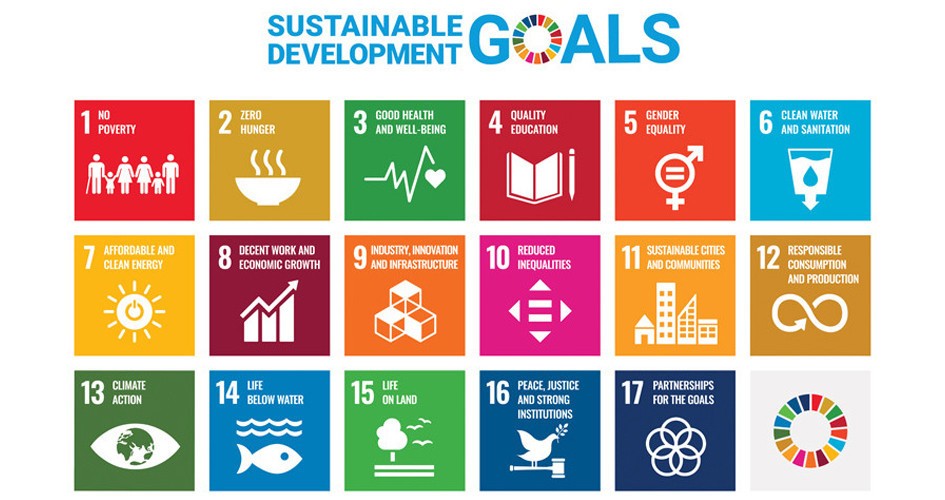
| Red more |
Microorganisms, including bacteria, archaea, viruses, fungi, and protists, are essential to life on Earth and the functioning of the biosphere. In the recent paper published on Cell, it was discussed the key roles of microorganisms in achieving the United Nations Sustainable Development Goals (SDGs), highlighting recent and emerging advances in microbial research and technology that can facilitate our transition toward a sustainable future.
Given the central role of microorganisms in the biochemical processing of elements, synthesizing new materials, supporting human health, and facilitating life in managed and natural landscapes, microbial research and technologies are directly or indirectly relevant for achieving each of the SDGs.